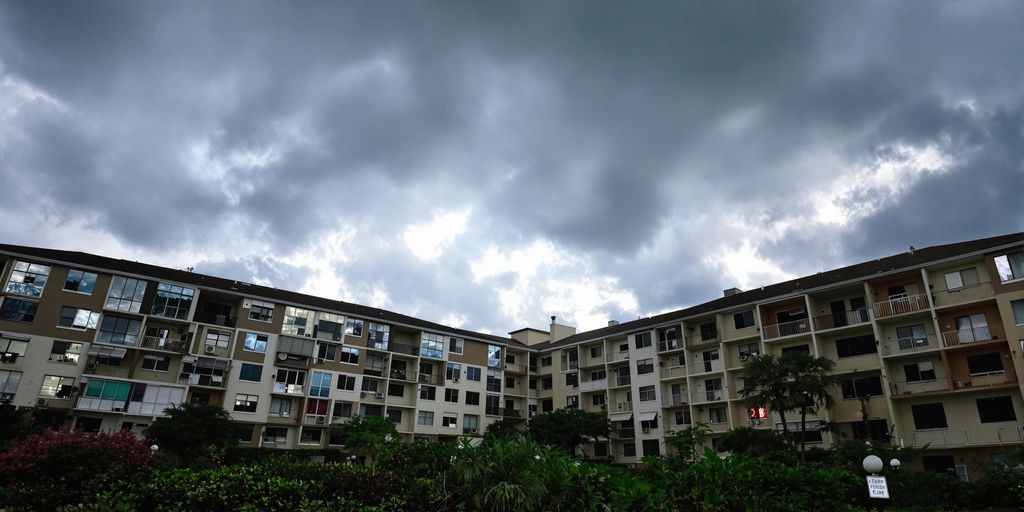Florida’s condominium market is grappling with a severe crisis, marked by rising HOA fees, escalating insurance costs, and the looming threat of structural issues. New legislation aims to enhance transparency and safety, but many older complexes face immense financial pressure, with some HOAs resorting to bankruptcy. This challenging environment is reshaping the state’s real estate landscape, impacting homeowners and developers alike.
Florida’s Condo Conundrum: A Deep Dive Into The Crisis
Florida’s condominium market is in turmoil, largely due to the aftermath of the 2021 Surfside collapse and subsequent legislative changes. The tragedy prompted Senate Bill 4-D, mandating inspections for buildings over three stories and 30 years old (or 25 years within three miles of the coast). These inspections, conducted every 10 years, assess structural integrity, leading to costly repairs for many aging properties.
Financial Fallout And Bankruptcy
The financial strain on condo associations and owners is immense. Rising insurance premiums, increased maintenance costs, and the need for extensive structural repairs have led to soaring HOA fees and special assessments. The Sunset Palm Villas Condominium Association in Miami recently filed for Chapter 11 bankruptcy, citing debts up to $50 million against assets of less than $1 million. This case highlights a broader trend where poor financial planning, underfunded reserves, and emergency repairs push HOAs to the brink. When an HOA declares bankruptcy, residents face:
- Immediate closure of amenities like pools and gyms.
- Neglected landscaping and stalled maintenance.
- Steep special assessments and surging monthly dues.
- Significant depreciation of property values.
Legislative Reforms And Transparency
In response to the crisis, Governor Ron DeSantis signed new laws (HB 913 and HB 393) effective July 1, 2025, aimed at providing relief and increasing transparency:
- Temporary Pause on Reserve Funding: A two-year pause on paying into reserves is allowed post-milestone inspection, redirecting funds to urgent repairs.
- Flexibility in Reserve Requirements: Condo associations gain more flexibility in meeting reserve obligations.
- Lines of Credit: Associations can use lines of credit to satisfy reserve obligations with owner approval.
- Extended Review Periods: Potential purchasers now have seven days (excluding holidays and weekends) to review association documents, up from three.
- Increased Transparency: HOAs must post approved BOD meeting minutes for the preceding 12 months online, helping prospective buyers identify unadopted special assessments.
Market Dynamics And Developer Opportunities
The crisis has created a bifurcated market. While older condos struggle, newer luxury developments are thriving. Some developers, like Coral Reef General Contracting, are offering innovative solutions, such as accepting condo units as down payments for new homes. This strategy helps condo owners burdened by their units while allowing developers to acquire prime land. The long-term outlook suggests a potential shift in Florida’s landscape, with older, struggling condos being replaced by modern, up-to-code luxury towers, particularly in valuable oceanfront locations.
Sources
- Condo crisis grows as 75-year-old HOA goes bankrupt under $50M debt… experts warn more at risk, Daily Mail.
- Condo owners can trade unit for home down payment, Treasure Coast News.
- New Condo Forms, Webinar Recording Available, | Florida Realtors.
- Condo Law Changes: Join Today’s Legal Webinar, | Florida Realtors.
- As America’s deadly condo crisis grows, real estate expert issues new warning to owners… over plot that
could change red state forever, Daily Mail.


